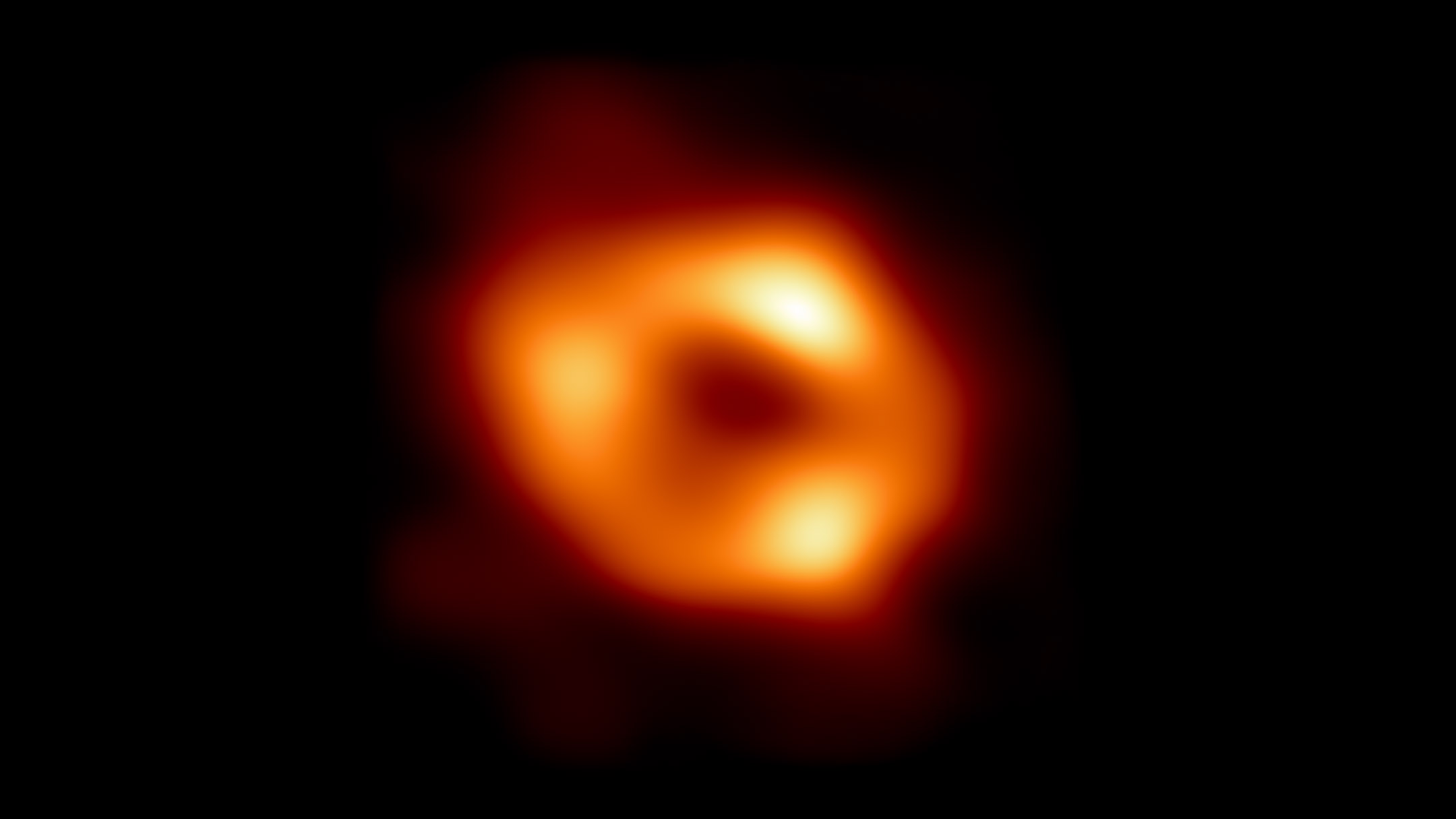Science News Roundup: Scientists unveil image of 'gentle giant' black hole at Milky Way's center; Intact, pregnant ichthyosaur fossil recovered from Patagonian glacier in Chile and more
Nobre has studied the Amazon for decades and was an early proponent of the theory that rapid deforesation is pushing the world's largest rainforest toward a tipping point after which the biome could dry out into savanna. Scientists unveil image of 'gentle giant' black hole at Milky Way's center Scientists on Thursday provided the first look at the "gentle giant" lurking at the center of our Milky Way galaxy - an image of a supermassive black hole that devours any matter within its huge gravitational pull but is currently on a bit of a diet.

Following is a summary of current science news briefs.
Symptoms linger two years for some; inflammatory protein patterns may provide long COVID clues
The following is a summary of some recent studies on COVID-19. They include research that warrants further study to corroborate the findings and that has yet to be certified by peer review. COVID-19 symptoms still afflict many two years later
Chinese findings on Mars suggest water existed for longer on planet's surface
Hydrated minerals discovered by China's robotic rover on Mars in a vast basin believed to be the site of an ancient ocean suggest water was present on the planet's surface for longer than previously thought, said Chinese scientists. According to an analysis of data sent back by the rover, Zhurong, signs of water were detected in sampled minerals from just 700 million years ago, the scientists said in a paper published on Wednesday in the journal Science Advances.
Intact, pregnant ichthyosaur fossil recovered from Patagonian glacier in Chile
Chilean scientists successfully recovered one of the world's most complete ichthyosaur fossils with intact embryos from the Tyndall Glacier in Chile's Patagonia region. The preserved and pregnant ancient marine reptile was dubbed "Fiona" by scientists. The 4-meter-long fossil will help scientists study embryonic development in ichtyosaurs, which roamed the seas between 90 and 250 million years ago.
Royal Society names climate scientist first Brazilian member since 1800s
The Royal Society scientific academy has elected climate scientist Carlos Nobre, a leading researcher studying the Amazon rainforest, as its first Brazilian member since the country's Emperor Dom Pedro II joined the group in the 1800s. Nobre has studied the Amazon for decades and was an early proponent of the theory that rapid deforesation is pushing the world's largest rainforest toward a tipping point after which the biome could dry out into savanna.
Scientists unveil image of 'gentle giant' black hole at Milky Way's center
Scientists on Thursday provided the first look at the "gentle giant" lurking at the center of our Milky Way galaxy - an image of a supermassive black hole that devours any matter within its huge gravitational pull but is currently on a bit of a diet. The black hole - called Sagittarius A*, or Sgr A* - is the second one ever to be imaged. The feat was accomplished by the same Event Horizon Telescope (EHT) international collaboration that in 2019 unveiled the first photo of a black hole - that one residing at the heart of a different galaxy.
Britain, U.S. sign commercial spaceflight collaboration deal
Britain and the United States have agreed to collaborate on future commercial spaceflight missions, boosting opportunities for firms from both countries to operate from spaceports in either, the British government said on Friday. Britain said the partnership, signed by transport minister Grant Shapps and his U.S. counterpart Pete Buttigieg in Washington this week, would make spaceflight easier and cheaper.
In one giant leap for Earth plants, seeds are grown in moon soil
Scientists for the first time have grown seeds in soil from the moon - samples retrieved during NASA missions in 1969 and 1972 - in an achievement that heralds the promise of using earthly plants to support human outposts on other worlds. Researchers said on Thursday they planted seeds of a diminutive flowering weed called Arabidopsis thaliana in 12 small thimble-sized containers each bearing a gram of moon soil, more properly called lunar regolith, and watched as they sprouted and grew. Lunar regolith, with its sharp particles and lack of organic material, differs greatly from Earth soil, so it was unknown whether seeds would germinate.
(With inputs from agencies.)
ALSO READ
Revolutionizing Real Estate: Britain's Ground Rent Overhaul
China and Britain: Strengthening Ties Amid Global Dynamics
Britain to Launch 'British FBI' in Overhaul of National Policing
Britain to Launch National Police Service: A 'British FBI'
Dave Ryding Leads Britain's Alpine Dreams at Milano Cortina










